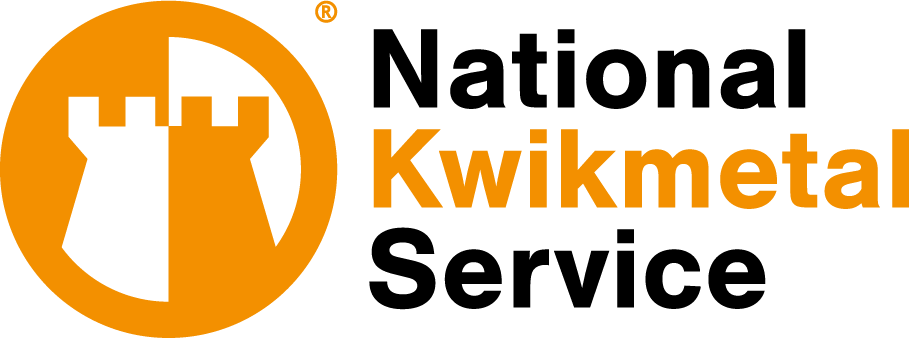
Type 409 Stainless Steel (UNS S40900) is a stabilized ferritic stainless steel that provides improved oxidation and corrosion resistance compared to carbon steel. Ease of fabrication combined with its corrosion resistance and economy have significantly broadened its utilization in automotive exhaust and other non-automotive applications. ASTM A240 defines three (3) sub categories of Type 409 stainless steel; UNS S40910, UNS S40920 and UNS S40930. Each of these designations has a slightly different Ti or Nb stabilization requirement. Each of these compositions can be supplied as UNS S40900 unless the purchaser specifically identifies a specific composition. It is produced with enhanced formability characteristics known as “High Performance” or “Ultra Form” in the industry.
ASTM A240
Automotive exhaust systems applications such as manifolds exhaust pipes, catalytic converters, mufflers, tail pipes and other components. Non-automotive exhaust applications such as home heating systems, automotive thermostats and fuel filters, electrical transformer cases, caskets and heat exchanger tubing.
| Element | UNS S40910 | UNS S40920 | UNS S40930 |
| Carbon | 0.030 max. | 0.030 max. | 0.030 max. |
| Manganese | 1.00 max. | 1.00 max. | 1.00 max. |
| Sulfur | 0.020 max. | 0.020 max. | 0.020 max. |
| Phosphorus | 0.040 max. | 0.040 max. | 0.040 max. |
| Silicon | 1.00 max. | 1.00 max. | 1.00 max. |
| Chromium | 10.5 – 11.7 | 10.5 – 11.7 | 10.5 – 11.7 |
| Nickel | 0.50 max. | 0.50 max. | 0.50 max. |
| Nitrogen | 0.030 max. | 0.030 max. | 0.030 max. |
| Titanium | 6x(C+N) min. – 0.50 max. | 8X(C+N)min. / 0.15 – 0.50 | 0.05 min. |
| Niobium | 0.17 max. | 0.10 max. | |
| Ti + Nb | [0.08+8x(C+N)] min. – 0.75 max. |
| Type | Yield Strength 0.2% offset (KSI) | Tensile Strength (KSI) | % Elongation (2″ Gauge length) |
| S40910 | 25 min. | 55 min | 20 min. |
| S40920 | 25 min. | 55 min | 20 min. |
| S40930 | 25 min. | 55 min | 20 min. |
| Density (lb./ in^2) @ RT | 0.28 | |
| Modulus of Elasticity in Tension (psi x 10^6) | 29 | |
| Specific Heat (BTU/o F/lb.) | 32 to 212 F | 0.114 |
| Thermal Conductivity (BTU/hr/ft^2/ft) | 212 F | 14.4 |
| Mean Coefficient of Thermal Expansion (in. x 10^-6 per o F) | 32 to 212 F | 5.84 |
| 32 to 500 F | 6.12 | |
| 32 to 900 F | 6.60 | |
| 32 to 1,200 F | 6.86 | |
| Electrical Resistivity (micro ohms – cm) | at 70 F | 60.0 |
| Oxidation Resistance – Continuous Service(oF) | 1450 |
409 stainless can be cut, blanked stretch formed and drawn without difficulty. The formability characteristics of Type 409 are very similar to carbon steel.
Type 409 is readily welded using the conventional welding procedures common to carbon steel. These include high frequency, resistance, gas tungsten arc (GTAW or TIG), gas metal arc (GMAW or MIG), electron beam and laser techniques. Although autogenous welds are common, particularly in manufacture of tubing, a filler metal, Type 409Cb, is often employed.
The corrosion resistance of 409 stainless is about the same as Type 410 stainless steel. Type 409 offers improved corrosion resistance in comparison to carbon steels. However, its corrosion resistance is lower in comparison to other stainless steels with higher chromium content. Type 409 offers sufficient resistance to corrosion and oxidation to be used in many automotive and non-automotive applications.
Download This Information
Phone: 847-257-6570
Phone: +52.811.6363844
Phone: 615-793-4700